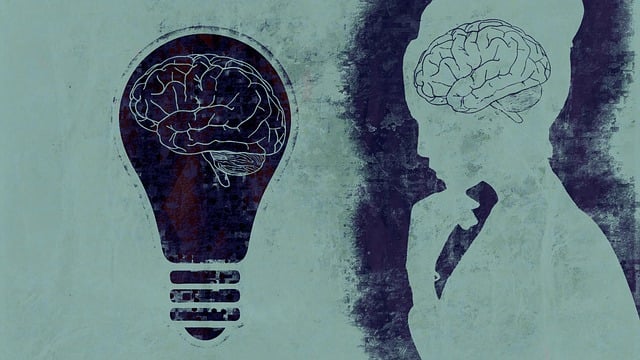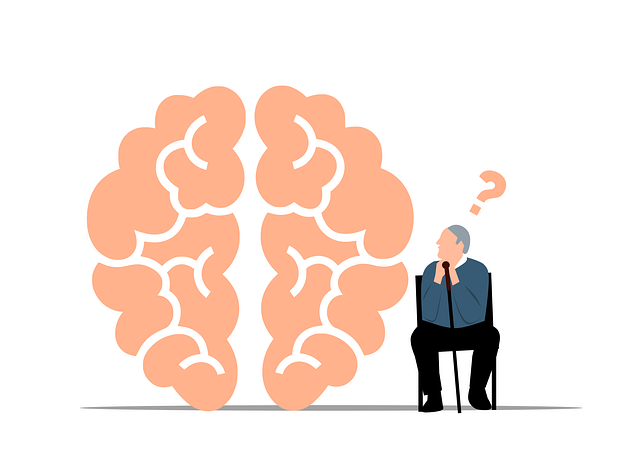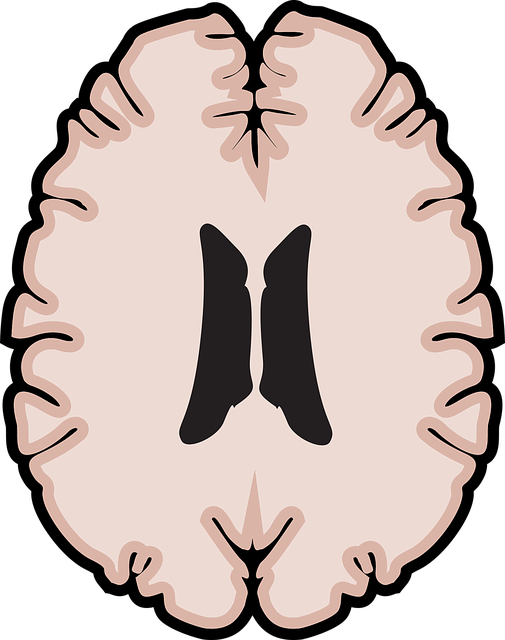Play therapy is a powerful tool for children's mental wellness, offering safe, creative spaces to express emotions through games, art & storytelling. This approach enhances resilience, social skills and emotional intelligence while preventing depression and fostering positive relationships. Incorporating play therapy as self-care benefits both kids and adults by providing an innovative, enjoyable way to process feelings and trauma, leading to improved emotional well-being and healthier coping mechanisms.
Self-care is an essential aspect of a child’s overall well-being, often overlooked yet deeply impactful. This article explores the critical role it plays in a child’s development and introduces effective strategies to foster self-care practices. We delve into the benefits of play therapy as a powerful tool for kids’ mental health. By understanding these techniques, parents and caregivers can enhance their children’s ability to navigate stress, improve emotional resilience, and promote a healthy mindset, ultimately contributing to their overall happiness and growth.
- Understanding the Importance of Self-Care for Children's Well-being
- Incorporating Play Therapy as a Powerful Self-Care Tool
- Strategies to Enhance and Maintain Self-Care Practices for Kids
Understanding the Importance of Self-Care for Children's Well-being

In today’s fast-paced world, it’s crucial to recognize that self-care isn’t just for adults; children also greatly benefit from practices that nurture their emotional and mental well-being. Play therapy, a form of therapy for children, has gained prominence as an effective way to help young individuals process emotions, improve social skills, and enhance their overall resilience. By incorporating play into therapeutic sessions, professionals can engage children in activities that facilitate self-expression, encourage creativity, and build healthy coping mechanisms.
Children’s ability to manage stress, regulate emotions, and interact socially is a cornerstone of their development. Play therapy sessions often include games, art, music, and storytelling, which provide a safe space for kids to explore and understand their feelings. This can be particularly beneficial in preventing depression by teaching them healthy ways to process and release emotional burdens early on. Additionally, social skills training within these therapies empowers children with the necessary tools to build positive relationships, fostering better communication and emotional intelligence.
Incorporating Play Therapy as a Powerful Self-Care Tool

Incorporating Play Therapy as a powerful self-care tool can significantly enhance mental wellness and resilience building for both children and adults. Unlike traditional talk therapy, play therapy leverages a child’s natural language – play – to express feelings and experiences, making it an effective approach for processing emotions and trauma. Through various creative techniques like drawing, sculpting, or games, individuals can gain valuable insights into their thoughts and behaviors while engaging in activities that are both enjoyable and therapeutic.
This innovative therapy not only facilitates emotional release but also cultivates a sense of confidence boosting. By providing a safe space to explore and express themselves without judgment, play therapy helps individuals develop coping mechanisms and build resilience. This is particularly crucial for children who may struggle to verbalize their feelings, as play offers an alternative pathway to communicate and heal, thereby laying a strong foundation for their mental wellness.
Strategies to Enhance and Maintain Self-Care Practices for Kids

Self-care isn’t just for adults; it’s crucial for kids’ overall development and mental wellness. Implementing early self-care practices can help children develop healthy coping mechanisms, improve their social skills, and enhance their ability to manage stress. Play therapy, a popular approach in child psychology, offers a creative space for kids to express themselves and learn valuable self-soothing techniques. Through play, children can process emotions, build confidence, and gain better control over their actions.
Social Skills Training and Stress Management strategies are integral components of fostering healthy self-care habits in kids. Engaging in activities that promote mindfulness, such as deep breathing exercises or creative outlets like art and music, can significantly contribute to a child’s mental wellness. Additionally, encouraging regular physical activity, adequate sleep, and balanced nutrition lays the foundation for robust self-care routines, ensuring children grow up with tools to thrive in various aspects of life, including their academic pursuits and interactions with peers.
Self-care is not just a luxury—it’s an essential component of a child’s overall well-being. By incorporating practices like play therapy, parents and caregivers can empower kids to develop healthy coping mechanisms and emotional resilience. Through consistent application of these strategies, we can ensure children are equipped to navigate life’s challenges and thrive. Play therapy, as a powerful tool, offers a fun and engaging approach to enhancing self-care, making it an invaluable resource in the journey towards fostering happy, balanced, and resilient young minds.









